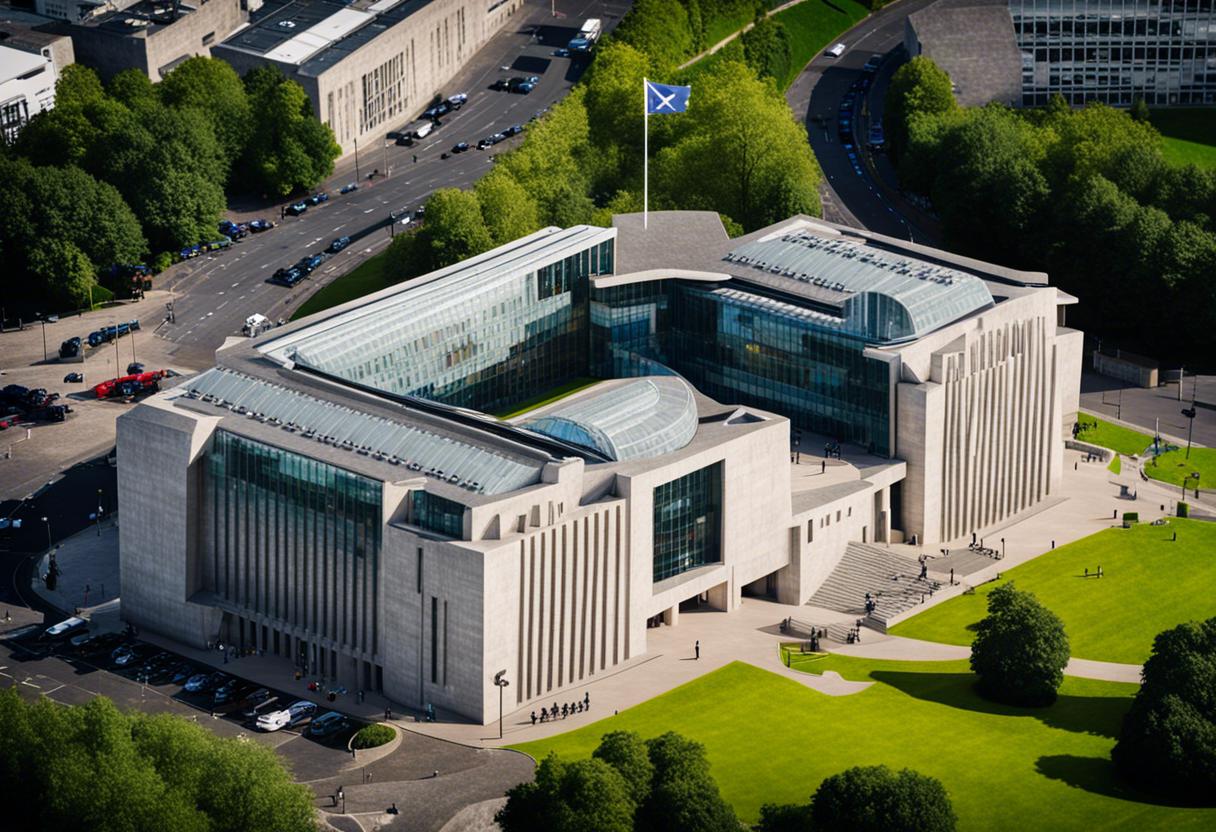The Scottish National Party (SNP) find themselves rethinking strategies for achieving independence after a significant defeat by Scottish Labour in the recent Westminster election. John Swinney, Scotland’s SNP First Minister, admitted the party’s inability to press upon people the immediate need for independence over the six-week campaign, that resulted in the party’s loss of at least 38 out of 48 seats won in the election five years prior.
“Our commitment to independence remains unwavering,” he affirmed, suggesting the focus now is to amend their approach in the upcoming period. The Scottish Labour Party witnessed a considerable resurrection in these elections, led by local leader Anas Sarwar, securing 37 out of 57 Scottish Westminster constituencies and uprooting a sizeable number of SNP seats across the densely populated region between Edinburgh and Glasgow.
On top of the remarkable success in the Westminster elections, Sarwar suggested they are now set their sights on the 2026 vote for the Scottish devolved parliament, intending to upend the SNP from devolved government within two years and reestablish their former supremacy in Scotland.
Jack McConnell, previous Labour First Minister of Scotland (2001-2007), indicated a “new phase” in Scottish politics now exists, one that would skew more toward economic and public services and less on the independence issue.
The Conservatives claimed five seats in Scotland, three in its traditional base close to the England border and two towards the northeast in Aberdeenshire. One notable SNP loss included the seat of their Northern Ireland representative, Richard Thomson, to Tory competitor, Harriet Cross.
The Liberal Democrats soaked up a single seat, while the declaration of the Highlands’ Inverness, Skye and West Ross-shire constituency was delayed till Friday afternoon due to discovered “discrepancies” in the vote counts. The SNP is hopeful to secure this postponed Highlands seat which could push their total Westminster MPs to 10— a stark contrast from its position during Nicola Sturgeon’s reign when it was the third largest party, obtaining important speaking rights during prime ministers’ questions each week.
The Scottish National Party (SNP) has seen its influence recede primarily to the rural Highlands, western parts of Scotland and the northeast, encompassing the area around Aberdeen. This region, which relies heavily on the North Sea oil economy, is a stronghold for its main competitor, the Conservative Party.
Formulating a strategy to regain power in the UK government based out of Westminster, Keir Starmer, the Labour Party leader, anticipated a return to Scottish dominance as a prerequisite. It was originally presumed that in order to secure a majority in Westminster, Labour would need to recover roughly half of the seats from the region bordering England.
In a bid to strengthen Labour’s position in Scotland, senior party members including Keir Starmer and his deputy, Angela Rayner, made frequent visits over the past year and a half. Ultimately, however, the number of Scottish seats proved irrelevant to Labour’s overall UK victory due to its large national success.
Still, in his victorious address at Downing Street on Friday, Starmer subtly touched upon the issue of Scotland by referring to the “four united nations” of the UK. Additionally, the Labour Party made sure that the supporters present to celebrate Starmer’s triumph waved not just union jack flags, but also Saltires, the national flag of Scotland.

